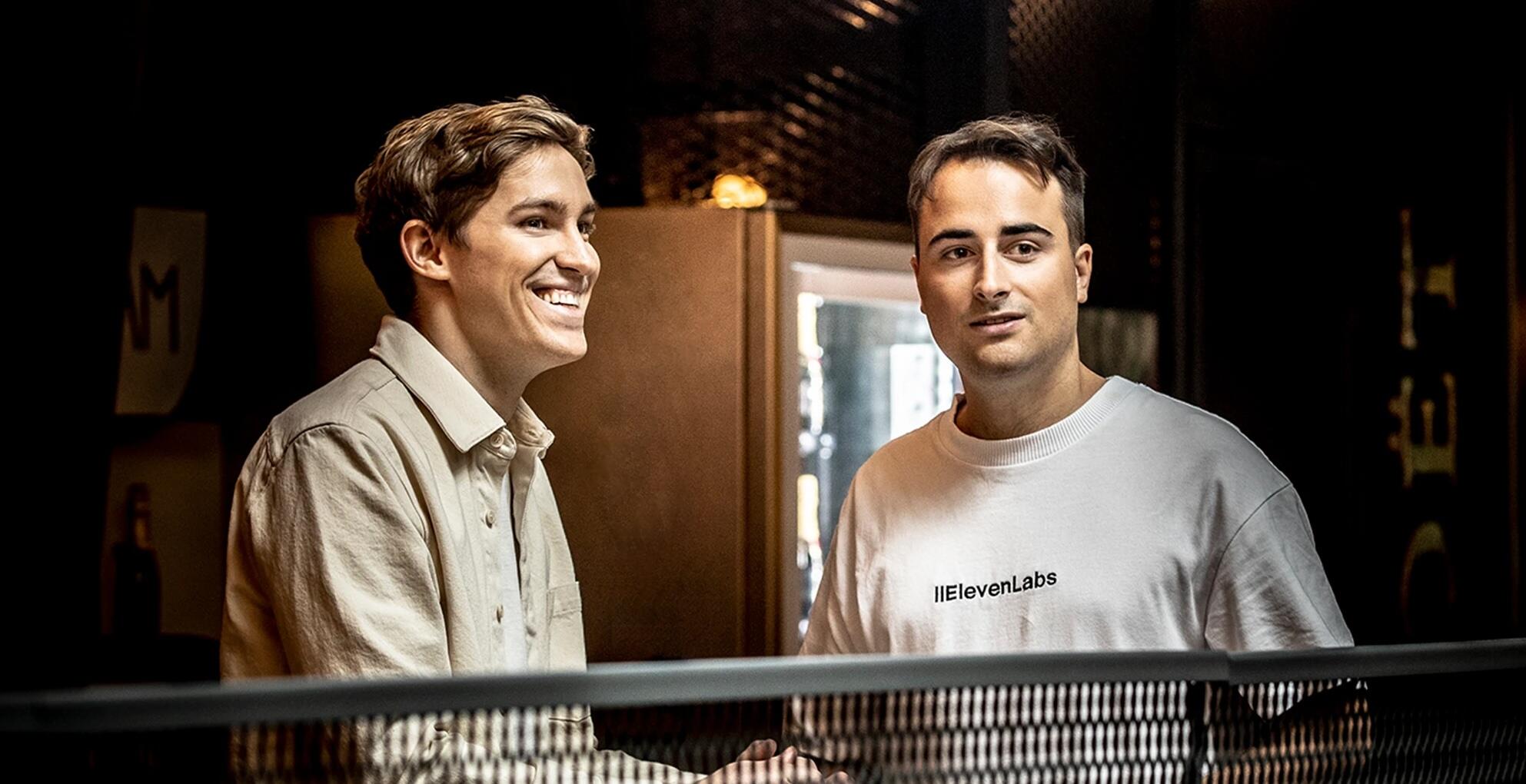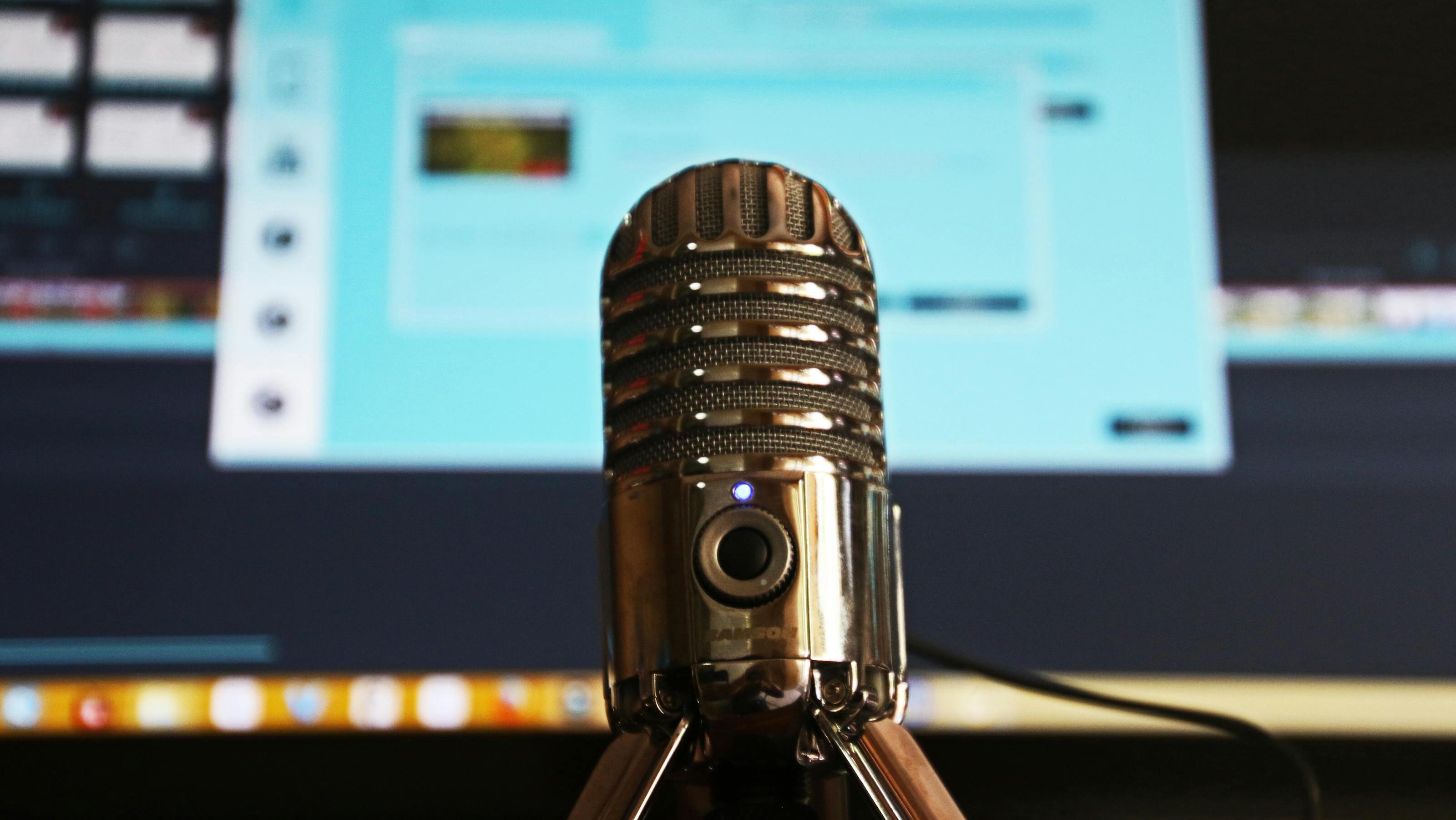You may have noticed a new feature hidden in your Spotify Wrapped this month. Next to your favourite songs and artists this year, the platform included an artificial intelligence-generated podcast about your listening habits.
The podcasting sector has grown massively in recent years, with the global market worth around US$27 billion (A$43.359 billion) in 2023. In keeping with the artificial intelligence boom surging through the technology industry, major companies like Google and Spotify have begun investing in AI-generated podcasts, while audio advertisers have partnered with AI voice firms.
However, it’s not clear that podcast listeners are willing to believe the hype.
Podcasts meet AI
The AI-generated podcast market is currently dominated by Google’s NotebookLM.
While NotebookLM generally acts as a research tool, it launched its Audio Overviews feature in September. Audio Overviews creates a conversational podcast-style summary of documents a user provides, including human-sounding AI hosts.
Google Services, which operates NotebookLM and other AI endeavours, saw revenues reach US$76.5 billion in Google’s third-quarter earnings report. This is a 13% year-over-year increase.
Spotify’s AI-generated podcasts featured prominently in its year-end Wrapped feature this month, and were powered by NotebookLM. These personalised podcasts explain each user’s favourite songs and artists this year, even addressing the listener by name.
“It’s an engaging conversation all about your musical tastes, and each one is unique, generated just for you,” said Google Labs Associate Product Manager Janakitti Ratana-Rueangsri.
However, new challengers have begun to emerge in the AI podcasting space. OpenAI is developing a voice simulator, and AI audio company ElevenLabs launched an AI podcast generator last week.
Like NotebookLM, ElevenLabs’ tools can create an AI-voiced podcast from user-uploaded materials, including natural-sounding “ums” and pauses. Users will also be able to edit these podcasts within ElevenLabs’ interface, a feature NotebookLM does not include.
In January, ElevenLabs raised EU€73 million in a Series B funding round, with its valuation reaching US$1.1 billion shortly afterwards. According to ElevenLabs, its technology is now used by employees at 41% of Fortune 500 companies.
“A good way to think about us: something comparable to OpenAI for audio,” said ElevenLabs CEO Mati Stanszewski in July. Azzet has contacted ElevenLabs for comment.
AI-generated voices have also started to appear in podcast advertising. Wondercraft, an AI audio studio, partnered with Singaporean audio advertising company Audacia Audio in August.
Wondercraft, backed by investors like Y Combinator, will help Audacia Audio scale up its audio advertising production in the Asia-Pacific.
“The technology has enabled us to create a quantity and quality of audio ads for clients we could not have come close to otherwise, so our clients can focus their energy and budgets on marketing and monetisation,” said Audacia Audio co-founder Kym Treasure.

AI podcasts: disruptor or drag?
The podcast advertising market is expected to reach US$4.02 billion this year, according to Statista, and could hit $5.03 billion in 2027.
2023 saw major headwinds in the podcasting sector, with Spotify dismissing around 6% of its workforce while radio and podcast platform Audacy filed for bankruptcy.
Many major players have rebounded significantly in 2024, however. Audacy is now profitable, while podcasting company Acast reported 12% year-over-year net sales growth in its third quarter earnings.
Australia has experienced a 20% increase in podcast listenership in the last two years, according to the 2024 Infinite Dial report. 48% of Australians aged 12 or over have listened to a podcast in the last month.
Listeners have not flocked to AI-generated podcasts or advertisements thus far. According to an October report by Audacy, podcast listeners are more than twice as likely to trust a human voice in an advertisement than an AI-generated one.
“Obviously, we are not in favour of efforts to use generative AI to replace workers,” said Podcast Workers Australia organising committee member Ryan Pemberton. "But I think what's curious here is that audiences aren't showing any interest in AI-generated podcasts, either.”
Based on criticism of AI-generated podcasts, podcast listeners prefer to hear human social dynamics and may not trust AI content to be accurate, Pemberton said. A 2023 global study by KMPG found that 61% of people are reluctant to trust AI systems.
“These tech companies generally aim for growth by driving engagement on their platforms,” said Pemberton. “AI-generated podcasts have not proven to engage listeners. And so this push strikes me as coming primarily from a need to justify the massive amount of money they have invested into developing their AI systems, rather than from any considered content strategy.
“It's looking increasingly unlikely to me that it will overcome the hurdles to listener engagement that I listed. But it's possible audience attitudes towards AI-generated content will change in the future,” he said.

